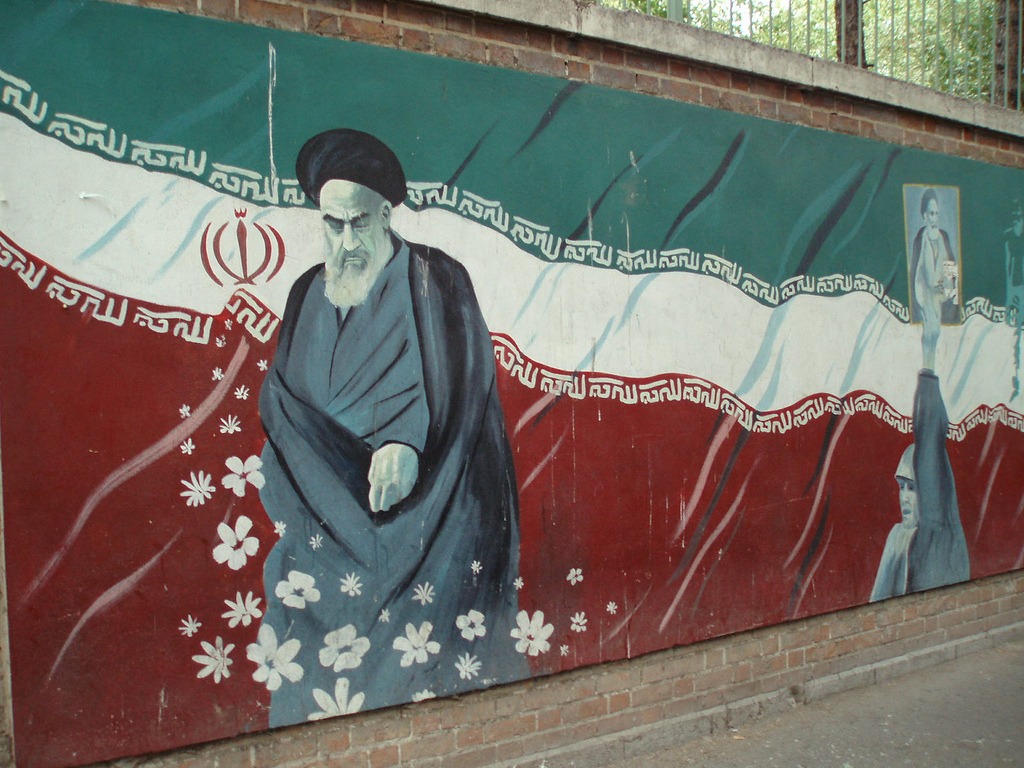
Akbar Hashemi Rafsanjani, Iran’s former conservative president, has been disqualified by the Guardian Council, a vetting clerical committee, from competing in a presidential election. Mahmoud Ahmadi-Nejad, who can’t run for a third term, is due to hand over the presidency to his successor in early August.
Mr Rafsanjani has been banned from participating in an election on the ground of his advanced age (he is 79), but there is little doubt that he cannot run, because he is widely supported by moderate reformists and the business community. Arch-conservatives, who dominate Iranian politics, saw Mr Rafsanjani’s candidacy as a challenge to the regime.
Iran’s reformists lost a presidential election in 2009, because the poll was allegedly fraudulent. The day after the results were announced, hundreds of thousands of people poured onto the streets to protest against vote-rigging, the biggest demonstration against the regime since the Islamic revolution in 1979. A new organised, non-violent and non-utopian movement was born. It was called the Green Movement.
Mir Hossein Mousavi – the former prime minister and a presidential candidate in 2009 who was backed by reformers, women’s organisations and student organisations connected together through the internet, and Mehdi Karroubi, the former speaker of parliament – were the Green Movement’s recognised leaders. They both began to call for public rallies on holidays with symbolic religious and revolutionary significance.
The regime suppressed the Green Movement by jailing protesters, purging reformists from the political hierarchy and putting Mr Mir Hossein Mousavi and Mr Mehdi Karroubi under house arrest. Mr Rafsanjani, who allegedly masterminded protests, was prevented from leading Friday prayers in Tehran, Iran’s capital.
Mr Rafsanjani is one the founders of the 1979 Islamic revolution. During his presidency from 1989 to 1997, he persuaded the then supreme leader Ayatollah Ruhollah Khomeini to end the eight-year war with Iraq. After the death of Mr Khomeini in 1989, he played a central role in Ayatollah Khamenei’s election to the supreme leadership. Relations between the two deteriorated significantly in 2005, when Mr Khamenei opposed Mr Rafsanjani’s candidature for the presidency.
photo: David Holt